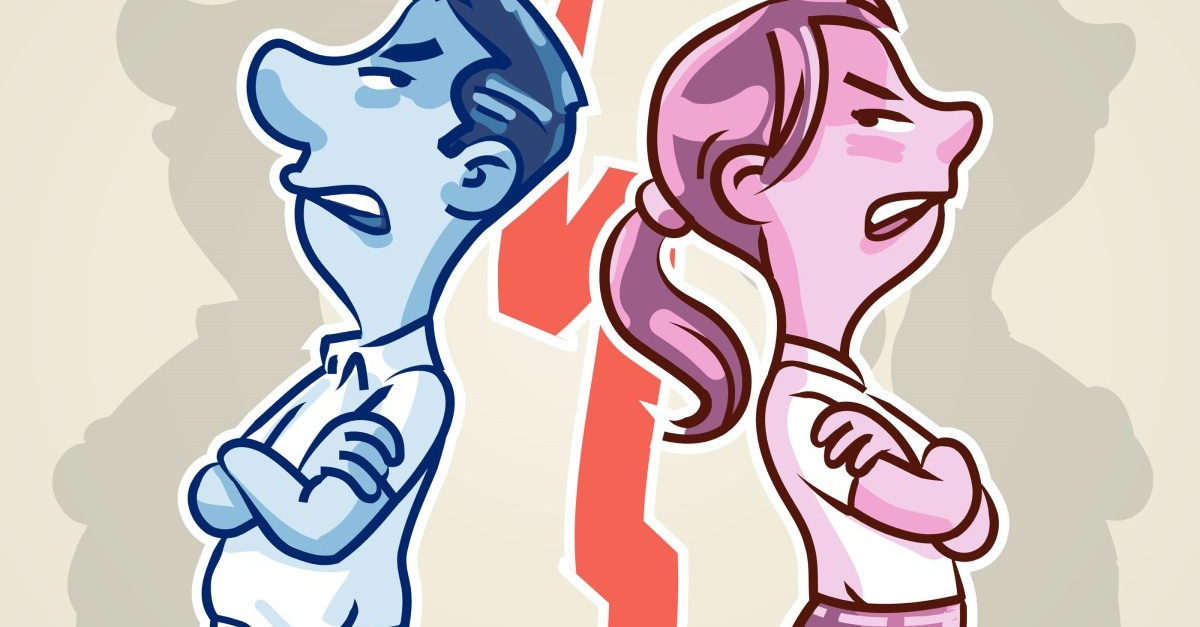Early warning signs of schizophrenia
Schizophrenia can strike people unexpectedly and without warning. Most people, however, experience it gradually, with hidden schizophrenia signs and a slow decline in functioning long before the first severe episode. Others may perceive you as eccentric, unmotivated, emotionless, and reclusive during this early stage of schizophrenia.
You may begin to isolate yourself, neglect your appearance, say odd things, and show a general lack of interest in life. You may give up hobbies and activities, and your performance at work or school may suffer as a result.
The following are a few of the early warning signs:
- Depression, social isolation
- Extreme hostility or suspicion, extreme reaction to criticism
- Personal hygiene deterioration
- A flat, emotionless stare
- Inability to cry or express happiness, as well as inappropriate laughter or crying
- Insomnia/oversleeping; forgetfulness or inability to concentrate
- Strange or irrational statements; unusual use of words or manner of speaking
While these symptoms can be caused by a variety of issues, not just schizophrenia, they are cause for concern. It is ideal to seek medical attention as soon as possible. If schizophrenia or another mental illness is the cause, getting treatment as soon as possible will help.
What are the symptoms of schizophrenia?
Schizophrenia is characterized by a variety of problems with thinking (cognition), behavior, and emotions. Symptoms vary but usually include delusions, hallucinations, or disorganized speech, as well as a reduced ability to function. Symptoms could include:
Delusions: These are erroneous beliefs that have no basis in reality. For instance, you believe you are being harmed or harassed; certain gestures or comments are directed at you; you have exceptional ability or fame; another person is in love with you, or a major disaster is imminent. Most people with schizophrenia experience delusions.
Hallucinations: These are usually characterized by seeing or hearing things that do not exist. However, the individual suffering from schizophrenia is subjected to the full force and impact of a normal experience. Hallucinations may occur in any sense, but hearing voices is usually the most common.
Thinking; disorganized (speech): Disorganized speech implies disorganized thinking. Effective communication can be hampered, and responses to questions may be partially or entirely unrelated. Rarely, speech may include the use of meaningless words that are difficult to understand, a practice known as word salad.









